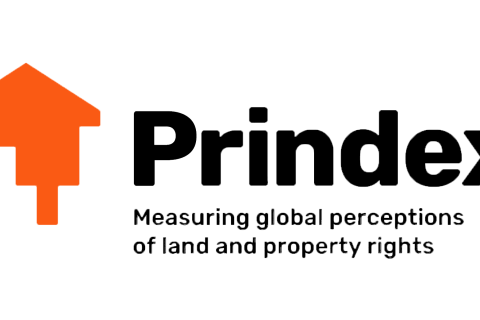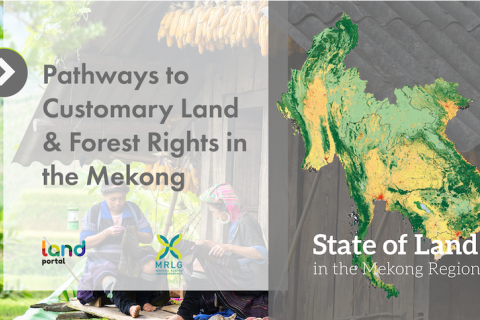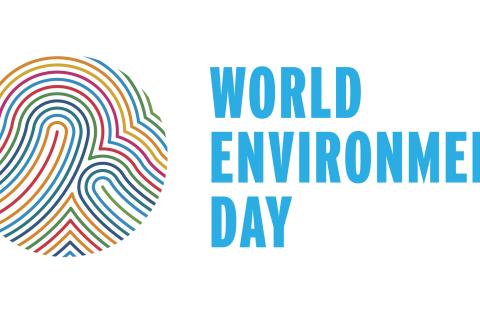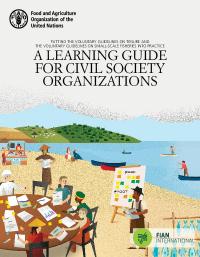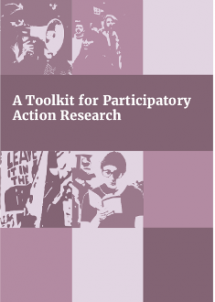
Topics and Regions
Neil Sorensen joined the Land Portal as its Communications Specialist in October 2015. He has extensive experience leading communications for international organizations and developing relationships with civil society, donors, intergovernmental agencies, the media and the private sector. Previously, Neil worked for the International Fund for Agriculture Development (IFAD) as a Governing Bodies Officer and Strategic Adviser to the Secretary of IFAD. He has also led communications for three international organizations, including the International Land Coalition, the International Federation of Agricultural Producers (IFAP) and the International Federation of Organic Agriculture Movements (IFOAM). He holds a Master’s degree in Global Diplomacy from the University of London School of Oriental and African Studies (SOAS) as well as a Bachelor’s degree with a double major in German and Sociology from St. Cloud State University.
Details
Location
Contributions
Displaying 51 - 60 of 1156Communications Specialist Consultancy - Prindex Initiative
Pathways to Customary Land & Forest Rights in the Mekong
World Environment Day
From tree planting in the Maldives and Kenya to the unveiling of large-scale city murals in the United States and activities in zoos across Ireland, Singapore and India, millions of people are coming together to mark this year’s Day.
Putting the Voluntary Guidelines on Tenure and the Voluntary Guidelines on Small-Scale Fisheries into practice
This learning guide provides civil society organizations (CSOs) with a methodology and a set of materials to undertake training on the VGGT and SSF Guidelines with civil society actors from the grassroots to the national level. Trainees will learn how to apply the VGGT to actual tenure governance challenges. They will also learn to use the SSF Guidelines, which reinforce the principles of the VGGT specifically in the context of small-scale fisheries.
IISD Model Contract Clauses for Responsible Investment in Agriculture
The IISD Model Clauses aim to support agricultural investment negotiators, state lawyers, and policy-makers in helping achieve their country’s sustainable development objectives for investment in agriculture and food systems. The IISD Model Clauses are primarily designed to inform the drafting of investor–state contracts. These are contracts in which a “grantor,” that is, a government entity, grants rights to private (often foreign) investors for the large-scale and long-term lease of agricultural land.
Principles of Community Monitoring
This document shares emerging ideas, principles, and good practices to socialize the concept of Community Monitoring among companies and investors in land-based sectors, as well as outline steps they can take to meaningfully engage with Indigenous Peoples, local communities, and Afro-descendant Peoples to monitor and respond to the potential environmental and human rights impacts of their operations, supply chains, or investments.
Community Monitoring of the Rights to Food and Livelihood
This framework serves as a guideline for evaluating the fulfillment of the rights to food and livelihood within the business and human rights framework. The guidelines in this framework can be adopted individually by each party and jointly or collaboratively between parties.
(Re)claiming power in value chains: A guide for small-scale farmers and their advocates
This guide is intended to support smallholder farmers, and advocates working closely with them, in exercising more agency and living more independently according to their own priorities. It aims to assist smallholders in making free choices in relation to farm production, markets and trade. Farmers with agency can negotiate with, and challenge, the people and institutions that affect their lives.
A Toolkit for Participatory Action Research
This Guide is drawn from experience in the action research project “Bottom-up accountability initiatives and large-scale land acquisitions in Africa”. The project aimed to bring the international soft law instrument, the Voluntary Guidelines on Responsible Governance of the Tenure of Land, Fisheries, and Forests (the Tenure Guidelines or TGs), to rural communities and, together with them, to use the Guidelines to strengthen their tenure of land, fisheries and forests.

